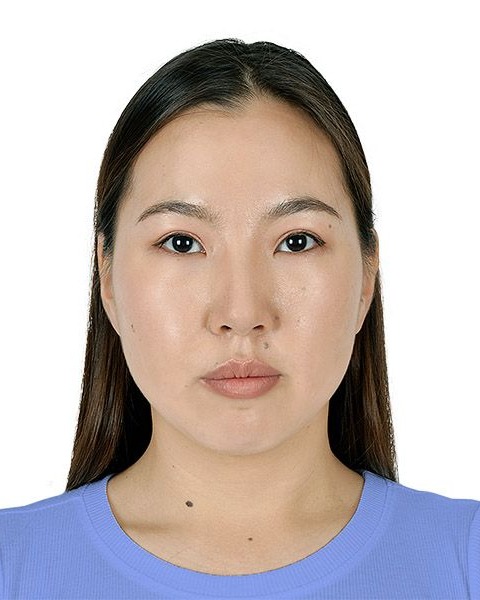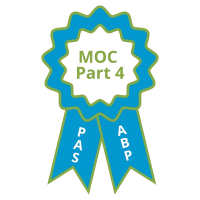Quality Improvement/Patient Safety 1
Session: Quality Improvement/Patient Safety 1
011 - Improving Primary Pediatric Care in Mongolia Through Evidence-Based Medicine
Friday, April 25, 2025
5:30pm - 7:45pm HST
Publication Number: 11.5289
Tuvshin Bayarsaikhan, Zint clinic, Ulaanbaatar, Ulaanbaatar, Mongolia; Tovuu Navchaa, Zint LLC, Ulaanbaatar, Ulaanbaatar, Mongolia; Sarah M. Coors, Darkhan General Hospital, Houston, TX, United States; Tumennasan Magsar, Zint LLC, Ulaanbaatar, Ulaanbaatar, Mongolia; Tungalag Osgon, Zint clinic, Ulaanbaatar, Ulaanbaatar, Mongolia; Amartuvshin Tumenbayar, Zint clinic, Ulaanbaatar, Ulaanbaatar, Mongolia; Azjargal Baatarjav, zint clinic, ulaanbaatar, Ulaanbaatar, Mongolia; Bolortsetseg Zorigtbaatar, Zint clinic, Ulaanbaatar, Ulaanbaatar, Mongolia; Ganchimeg Ganbat, Zint clinic, Ulanbaatar, Ulaanbaatar, Mongolia; Enkhzul Dashzeveg, Zint clinic, Ulaanbaatar, Ulaanbaatar, Mongolia; Manlaibaatar Khanddorj, Zint clinic, Ulaanbaatar, Ulaanbaatar, Mongolia; Altjin Amarjargal, Zint clinic, Ulaanbaatar, Ulaanbaatar, Mongolia; Tumenjargal Turmunkh, Zint clinic, Ulaanbaatar, Ulaanbaatar, Mongolia; Ayushmaa Usukhbayar, Zint clinic, ulaanbaatar, Ulaanbaatar, Mongolia

Tuvshin Bayarsaikhan, Bachelor (she/her/hers)
Pediatrician
Zint clinic
Ulaanbaatar, Ulaanbaatar, Mongolia
Presenting Author(s)
Background: Despite strides toward modernization in the 34 years since Mongolia became a democracy, the care of common medical conditions still follows now-old practices. Zint Clinic, a private pediatric clinic in Ulaanbaatar, has integrated evidence-based medicine since 2013.. Our mission is to improve the safety, quality, and efficiency of care for children using internationally recognized guidelines. Today, we operate two branches in Ulaanbaatar, a mobile clinic, and a third branch opening soon. Our team has 10 pediatricians, 2 neonatologists, one pediatric surgeon, and one physical therapist, providing 17,000 visits annually. Zint Clinic is dedicated to advancing pediatric care in Mongolia.
Objective: We evaluated the effectiveness of implementing evidenced-based medical practices at Zint Clinic.
Design/Methods: We identified 6 clinical conditions: neonatal jaundice, extreme crying infants (locally called “brain pressure”), rickets, developmental delay, umbilical granuloma, and infantile hemangioma. We used evidence-based clinical guidelines from the WHO, AAP, NICE, BNF, and the Royal Children's Hospital. Run charts and statistical process control charts monitored outcomes, measured improvements, and assessed impact.
Results: Since 2014, Zint Clinic has used updated guidelines to manage 7,342 cases of neonatal jaundice, 4,795 cases of extreme crying infants, and 5,837 cases of rickets. Treatment protocols for umbilical granuloma and infantile hemangioma were started in 2015, with 951 and 378 cases, respectively. Home phototherapy as a first-line treatment for unconjugated hyperbilirubinemia in low-risk neonates reduced hospitalizations by 69%. For infants presenting with extreme crying and a reassuring history and examination, unnecessary testing and hospital referrals decreased by 56%, and medicine prescriptions by 73%. Among children under 24 months at risk for rickets, only 7.8% were ultimately diagnosed. Additionally, using conservative management, surgical referrals for umbilical granuloma and infantile hemangioma decreased by 100% and 65%, respectively. In 2022 alone, about 500 cases of developmental disorders were identified, and the mean age at diagnosis of autism spectrum disorders decreased by 10 months compared to previous years (P < 0.05).
Conclusion(s): Integrating Evidence-Based Medicine in Mongolian pediatric clinics is possible, tangible, and improves the quality and safety of care. Dissemination of these clinical practices across the nation is vital. Continuing quality control and outcomes monitoring is necessary to ensure continued quality improvement.


